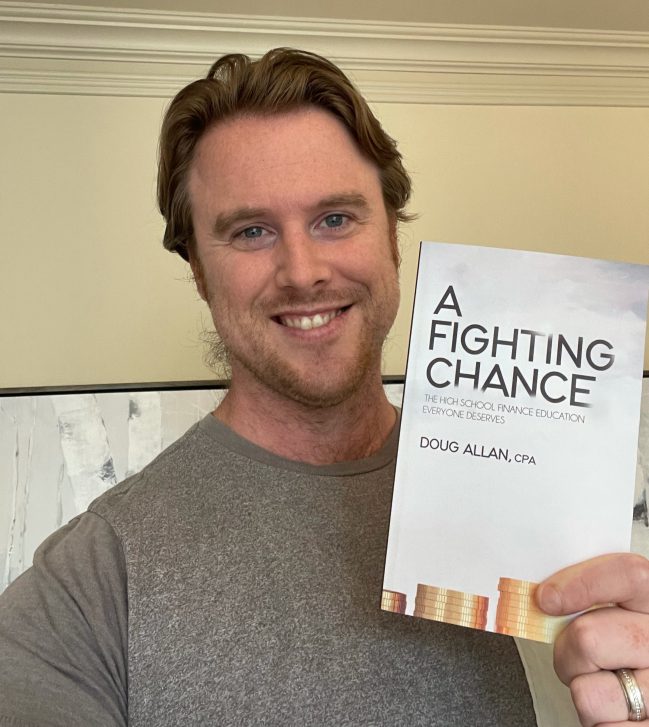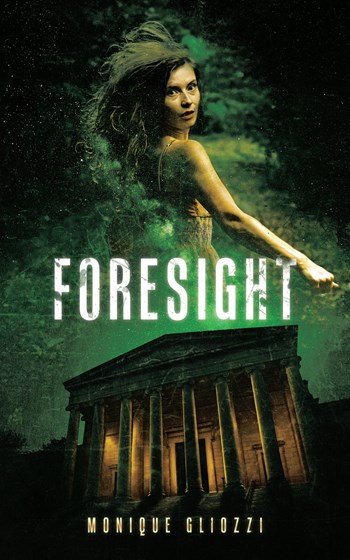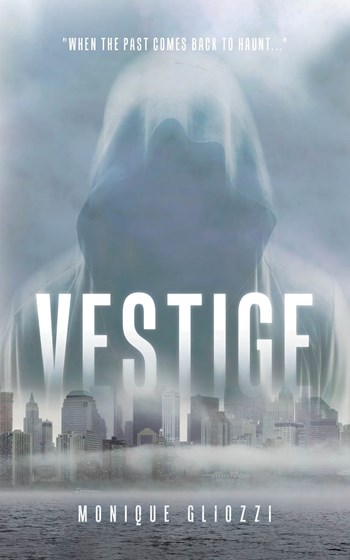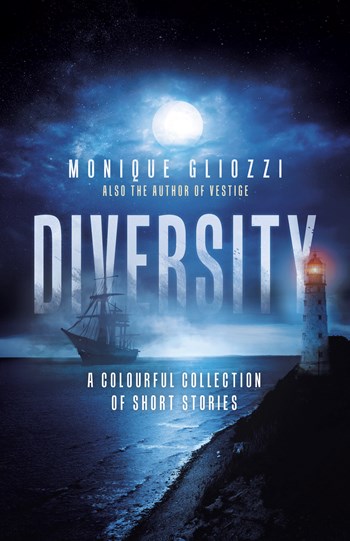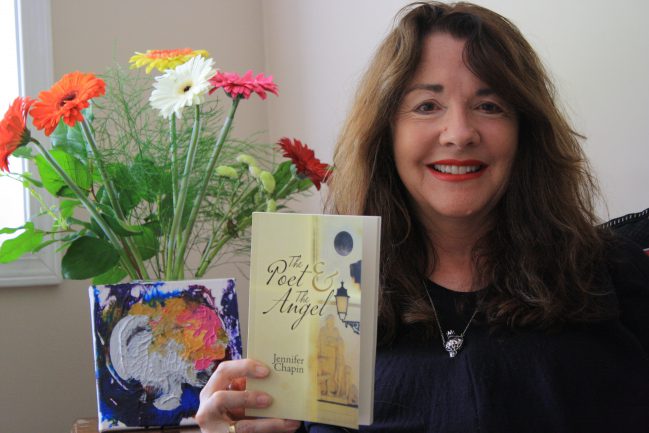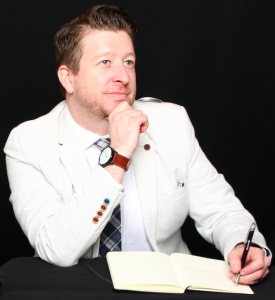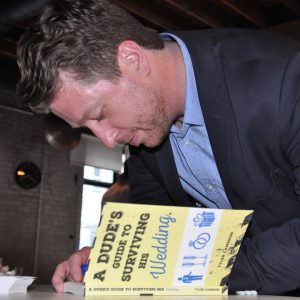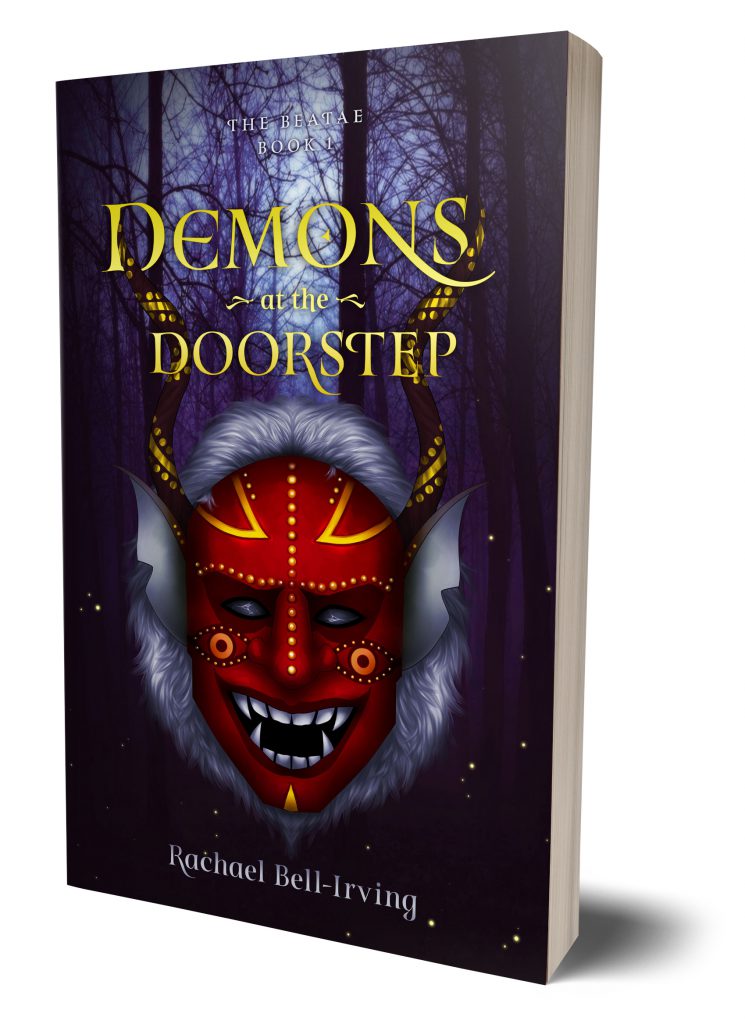How to speak with your teenager about money
Advice from Doug Allan, Tellwell’s September author of the month and author of A Fighting Chance: The High School Finance Education Everyone Deserves

Vancouver-based author and accountant Doug Allan believes financial literacy is fundamental to success and should be part of our high school education system. To help parents fill that educational gap, he wrote A Fighting Chance: The High School Finance Education Everyone Deserves. Allan’s book was released in early 2021, selling hundreds of copies, and earning thousands in book royalties.
He has had some notable moments which includes appearing in The Globe and Mail, CTV News, The North Shore News and the MapleMoney podcast. He was also asked to speak at various high schools in his region on money topics he covers in his book.
The Tellwell author highlights a special moment chatting with David Chilton of The Wealthy Barber. Read more to learn the key steps Allan took to ensure his book’s success.
What inspired you to write Fighting Chance?
As a CPA, CA and a parent of two young children, financial education is near and dear to me. Over my career in finance, I have accumulated an immense amount of knowledge which I have, in turn, applied to my personal finances. Without the benefit of a financial education, most people do not have the opportunity to properly learn how to manage their money. The unfair advantage I have gained, as it relates to managing my personal finances, over those without formal financial education and experience inspired me to write down my knowledge as the book I wished I was given as a teenager.
What do you hope readers will get out of it?

I am hopeful that readers can learn one or two things within the pages of the book that gets them excited about their finances and the opportunities which are out there. I don’t expect everyone to finish the book and instantly be a financial expert, but if certain foundational lessons like the time value of money can be absorbed, readers will be much better prepared to manage their money. After reading my book, it is my hope that readers will advance to more complex financial topics and continue to learn.
In your book, you state that governments and school boards are failing our children by setting them up for financial failure once they enter the workforce. What steps would you like to see schools take to better educate youth about making and managing money?
